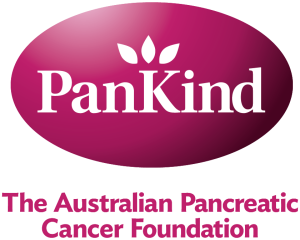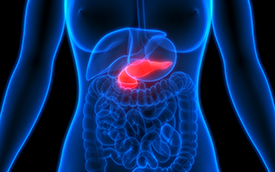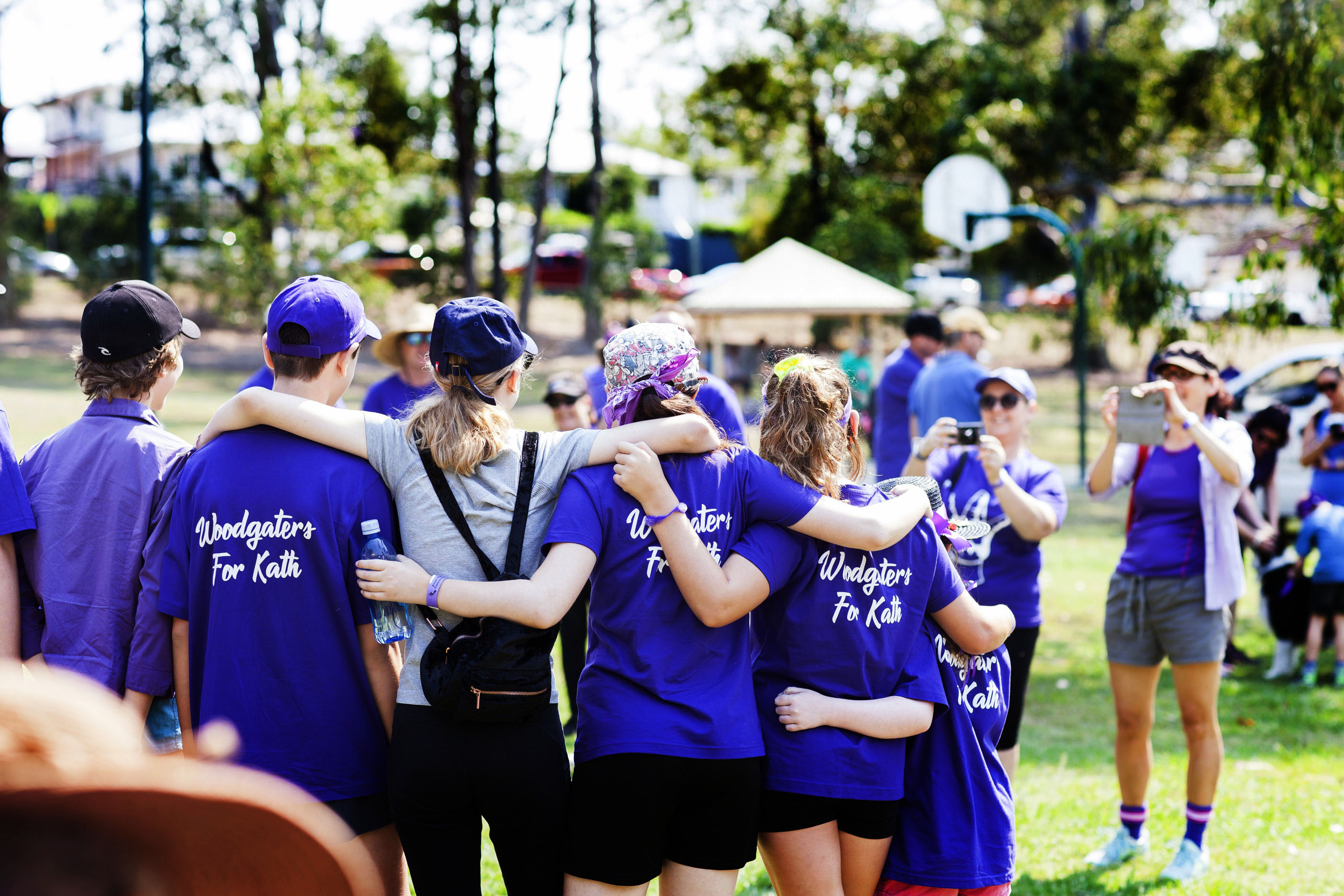Diet and Nutrition
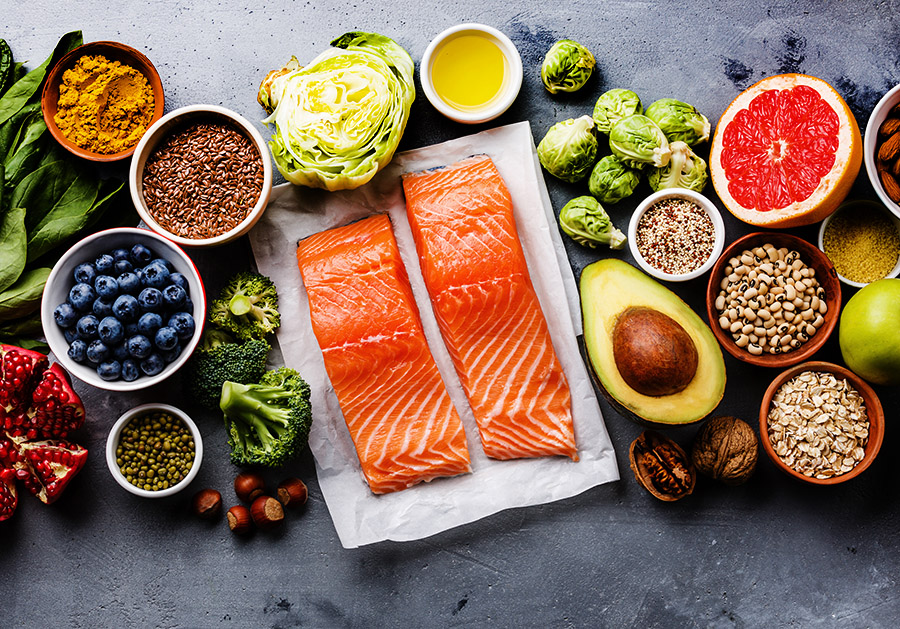
PanKind advocates for all pancreatic cancer patients to receive care from a nutritional specialist, have access to appropriate information about diet and nutrition and access to pancreatic enzymes. Patients may find it helpful to see a dietitian at the time of diagnosis, prior to surgery and post surgery so that they can maintain an appropriate weight, manage any diabetic associated issues and manage any symptoms linked to diet and digestion.
Dietitian vs Nutritionist
An Accredited Practising Dietitian is the only credential for dietitians recognised by Medicare and the Department of Veterans’ Affairs (DVA) and many private health insurers. A nutritionist has a tertiary qualification but has not completed the strict criteria to become an Accredited Practising Dietitian.
How does pancreatic cancer affect your diet and nutrition?
The pancreas produces enzymes that help digest food. When enzymes break down food, the nutrients can be absorbed into the blood and used by the body.
Pancreatic cancer can affect digestion in several ways. The tumour can reduce the number of enzymes your pancreas produces. It can grow to block the pancreatic duct which prevents the enzymes reaching your small intestines and the food they are needed to digest. If there are not enough enzymes, or they cannot reach food to digest it, nutrients from food can’t be absorbed by your body. This can be treated with pancreatic enzyme supplements.
Pancreatic cancer can also reduce the number of hormones such as insulin and, or glucagon that your pancreas produces which control the levels of sugar in the blood. This can cause diabetes. It is important to get specialist advice from your doctor and dietitian about the best way to manage diabetes when you have pancreatic cancer.
Treatments for pancreatic cancer can also affect diet and nutrition. Surgery for pancreatic cancer, where all or part of the pancreas is removed can affect the number of enzymes and hormones the pancreas produces. Diet can also be affected by the side effects of chemotherapy.
What symptoms are related to diet and nutrition?
It is common for people with pancreatic cancer to experience symptoms related to eating and digesting food.
While some of these may be signs that your body is not digesting or absorbing nutrients properly, they may also be caused by other things.
If you are experiencing any of the following symptoms, speak to your doctor.
- Loss of appetite
- Weight loss
- Nausea and vomiting
- Diarrhoea
- Yellow, oily, floating stools
- Stomach pain or discomfort
- Bloating
- Wind
- Feeling full quickly
- Needing to empty your bowels urgently, especially after eating
- Developing diabetes
Pancreatic enzymes
Pancreatic enzymes help break down the proteins, fats and carbohydrates and are essential to digestion. When pancreatic cancer, or surgery such as the Whipple procedure affects the number of enzymes produced, pancreatic enzyme supplements can be used to help manage diet-related symptoms. This is known as pancreatic enzyme replacement therapy (PERT).
Pancreatic enzyme supplements come in capsules that contain several kinds of enzymes:
- Protease to digest protein and keep the bowel free of parasites,
- Lipase to digest fats; and
- Amylase to digest carbohydrates.
There are several types of pancreatic enzyme supplement, however, CREON® is most commonly prescribed. Enzyme supplements may be prescribed before and, or after surgery. The amount needed varies by individual and may change over time. Sometimes it can take a while to work out the dose that is ideal for you. An experienced dietitian will be able to guide you through this.
Your doctor and dietician can advise you if enzyme supplements are suitable for you and help you to work out the best dose.
All pancreatic enzyme supplements are made from pork products. If you have an allergy or other concern about this, please speak to your doctor. If there is a problem with taking these for religious reasons, please speak to your religious leader as they may grant exemptions for essential medications.
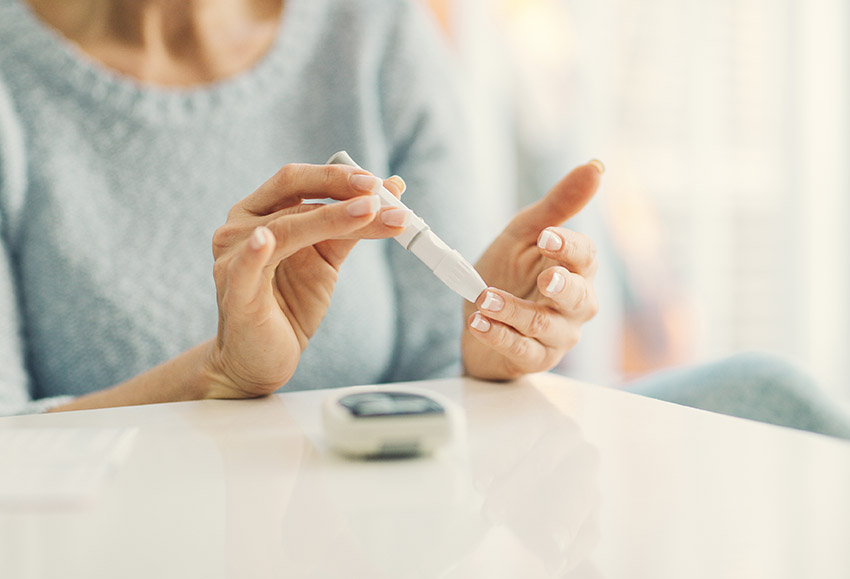
Managing diabetes
The pancreas produces hormones including insulin and glucagon that help control the levels of sugar in the blood. When the body cannot control blood sugar levels, it is called diabetes.
Pancreatic cancer can cause diabetes by reducing the function of the pancreas. Surgery, where part or all of the pancreas is removed, can also cause diabetes.
There are many ways to help control diabetes including diet and medication. Uncontrolled diabetes can make you very sick. If you are diagnosed with diabetes, as well as seeing your oncologist (cancer doctor) you may also see an endocrinologist, who specialises in hormonal problems, and a dietitian.
Nutrition
Pancreatic cancer and its treatments can cause unwanted weight loss, make it hard to maintain weight and get appropriate nutrition.
No one food contains all the nutrients our body needs so it is important to eat a variety and balance of foods.
It is particularly important for people with pancreatic cancer to get enough energy to fuel the body, help you gain weight and be healthy, as well as enough protein to build and repair the cells and muscles, and vitamins and minerals to help your body function at its best.
Eating high energy and high protein foods may help you maintain your weight and feel better. Below are some examples of foods that are high energy or high protein. Always speak with your doctor and your dietician before you make any changes to your diet.
High protein foods:
- Meat, chicken and fish
- Eggs
- Beans, chickpeas & legumes
- Full cream milk & milk products e.g. milkshakes
- Cheese
- Yoghurt, custard and ice cream
- Nuts & seeds
- Nutrition supplement bars & powders
High energy foods:
- Butter, margarine & oil
- Cream & coconut milk
- Dips
- Dried fruit
- Avocado
- Jam, honey, maple syrup & sugar
- Nuts, seeds
- Chocolate
Where can I find support?
Your doctor and healthcare team are the best people to speak to about your diet and nutritional needs. You may be referred to a cancer dietician that is connected to the cancer centre where you are being treated. The Dietitians Association of Australia can also help you find an Accredited Practicing Dietitian who specialises in cancer care. They will also be able to advise you about any costs associated with seeing a dietitian. If you are referred by your GP (with a care plan) to a dietician, Medicare may cover some of the costs. If you have private health insurance some of the costs may be covered so check with the insurance company first. Some public hospitals have free outpatient clinics with dieticians, however there may be a long wait.
For more information about diet and pancreatic cancer, download the Dietary Booklet from PanCare.
Sources
Pancreatic Cancer UK, Diet Booklet, accessed Jan 2020.
Cancer Council Victoria, Diet and nutrition, accessed Jan 2020.
PanCare, Dietary Booklet, accessed Jan 2020.
Always consult your doctor or health professional about any health-related matters. PanKind does not provide medical or personal advice and is intended for general informational purposes only. Read our full Terms of Use.
Thank you to the incredible community of people who have helped us create and review our website information and support resources, we could not have done it without you.
